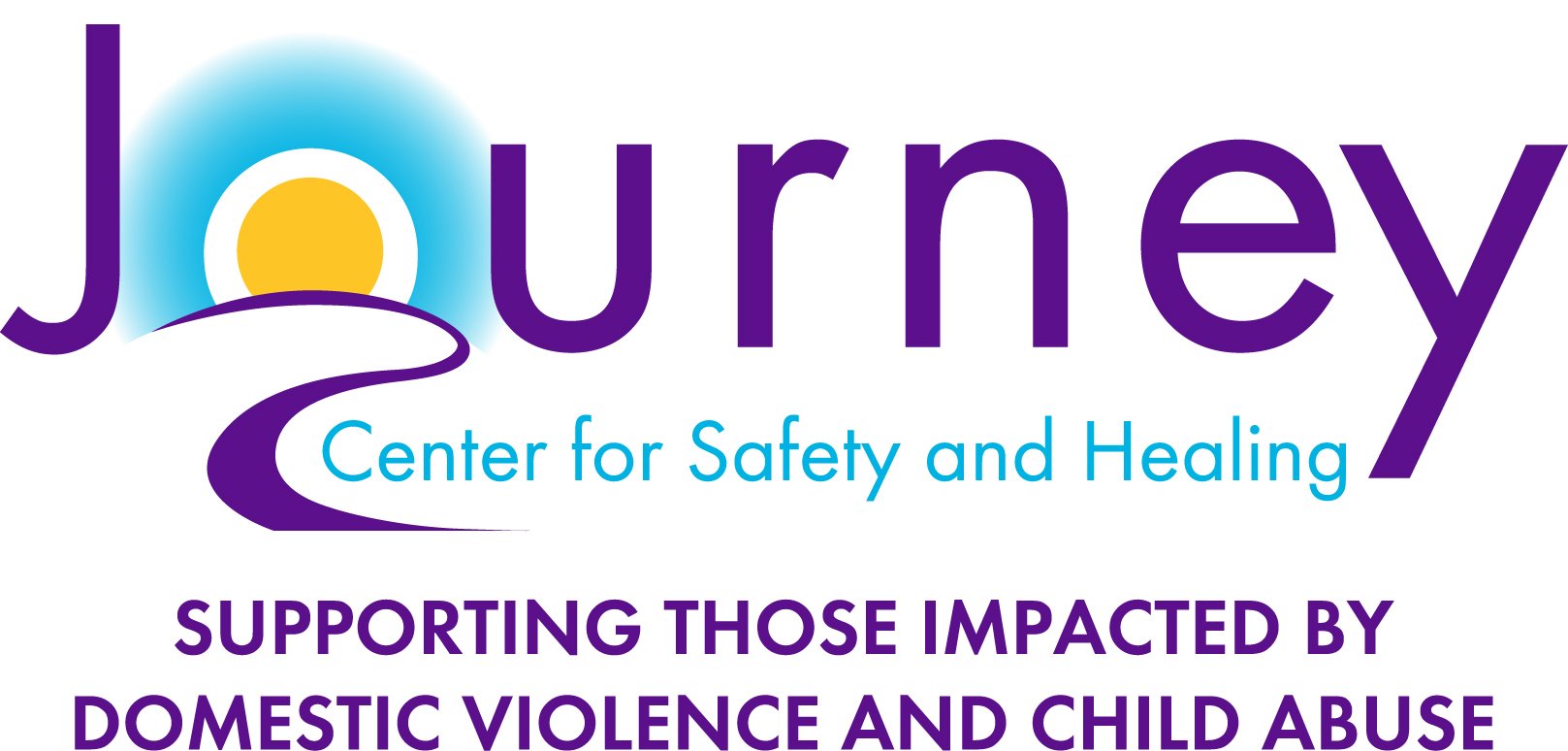Celebrating Activists During Hispanic Heritage Month
Hispanic Heritage Month is observed from September 15th to October 15th. Started in 1968, it was designed to celebrate the cultures and contributions of American citizens whose ancestors came from Spain, Mexico, the Caribbean, and Central and South America. September 15th is a historically significant day that marks the anniversary of independence of five Latin American countries: Costa Rica, El Salvador, Guatemala, Honduras, and Nicaragua. The designated period is also a nod to those from Mexico, Chile, and Belize which celebrate their independence on Sept. 16th, Sept. 18th, and Sept. 21st respectively.
These are just a few of the Latina influential voices who have made history as part of the anti-violence movement. Journey Center is grateful to these, and many other, activists for leading the way.
Domitila Barrios de Chúngara
Domitila Barrios de Chúngara was a Bolivian labor rights activist and pioneer of intersectional feminism.
While participating in the International Women’s Year Tribunal in 1975, Barrios de Chúngara found that the majority of concerns discussed were not reflective of her experiences or struggles, so she spoke of the intersection of race, class, and sexism that she and her people faced.
Susana Chávez
This activist and poet from Chihuahua, Mexico, combined her words with activism in defense of human rights and social movements in order to bring to light the horrific and systematic femicides that took place in Ciudad Juárez in the 90s.
In January 2011, after denouncing members of the “Clan Azteca” as the perpetrators of a case of femicide, Susana became their next victim. She was only 36 years old.
Thanks to Susana’s fight, femicide is now a recognized phenomenon `throughout Mexico and the entire region of Latin America, and her poetry has become a driving force of one of the most powerful feminist mobilizations of the world.’
The Mirabal Sisters
The Mirabal sisters, Minerva, Patria and María Teresa, are three revolutionary mothers and wives who sought to overthrow the repressive dictatorship of Leonidas Trujillo, one of the most violent dictators in the history of the Dominican Republic. In 1960, they sacrificed their lives in the name of democracy, and through their struggles to regain civil liberties for their community, they re-envisioned the role of women in society, education, and politics.
Their brutal murder at the hands of Trujillos’ henchmen on Nov. 25, 1960, led to the creation of the International Day for the Elimination of Violence Against Women.
Maria Salguero Bañuelos
Maria Salguero Bañuelos, a geophysicist, created a tracking system in 2016 using basic Google applications to document every woman killed in her home country of Mexico.
By 2017, she was categorizing not just the number of dead women but how they were found. Salguero has recorded 6,583 femicides, though the actual number of murders is likely much higher. “Violence has many layers,” Salguero said in a recent interview with Forbes Mexico.
Hermelinda Tiburcio
In Mexico, Costa Chica of Guerrero, Hermelinda represents the voices of indigenous women who suffer violence characterized by exclusion and social inequality.
She was the first indigenous woman to publicly denounce a case of rape in which Mexican soldiers attacked two women from her community in 1999. Her story has become a symbol of the fight to draw attention to the exclusion, violence and systematic discrimination indigenous women suffer.
Journey Center recognizes the critical work that is needed to center the experiences of Latina and immigrant individuals in order to address the impact of violence on Latine communities.
About 1 in 3 Latinas (34.4 %) will experience IPV during her lifetime
1 in 12 Latinas (8.6%) has experienced IPV in the previous 12 months
Forty-eight percent of Latinas in one study reported that their partner’s violence against them had increased since they immigrated to the United States
Studies have found that Latino youth who witness domestic violence are at a higher risk for poor health outcomes.
Individuals from communities with histories of discrimination often have less access to services and resources that help reduce risk and increase safety. Journey Center is committed to serving all survivors on their unique path to safety and healing.
If you or someone you know is experiencing domestic violence, call or text Journey Center's 24-Hour Helpline at 216.391.4357 (HELP).
